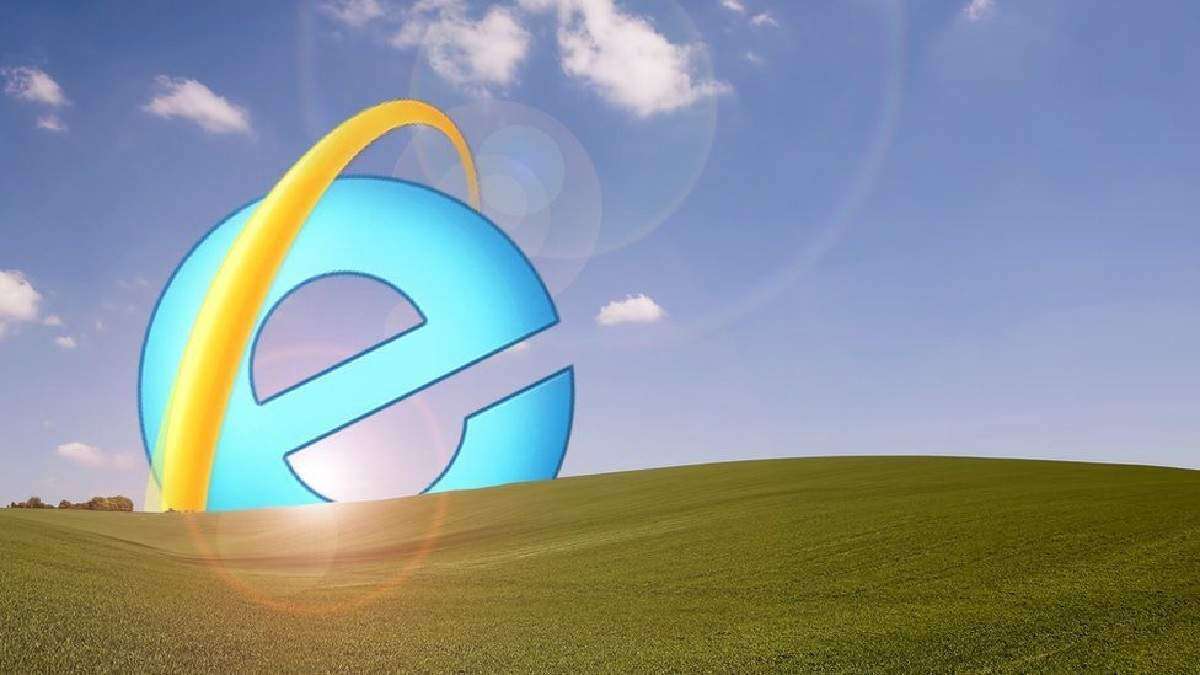On February 14, 2023, Microsoft officially retired the Internet Explorer (IE) browser, which had been an iconic piece of software for over two decades. For many users, IE was the default browser on their Windows computers, and it was also the browser that many of us used to browse the internet for the first time. However, with the rise of newer, more modern browsers like Chrome, Firefox, and Edge, IE’s popularity had declined significantly in recent years. In this article, we’ll take a closer look at why Microsoft retired IE, what the implications are for web users, and what the future holds for Microsoft’s browser offerings.
Why did Microsoft retire Internet Explorer?
Microsoft has been encouraging users to switch to its newer browser, Microsoft Edge, for years now. Edge offers a more modern browsing experience and improved security features compared to IE. As such, Microsoft has been gradually phasing out support for IE, which meant that the browser was no longer receiving regular security updates or new features.
Retiring IE allows Microsoft to focus its resources on developing Edge and other browser offerings, such as its Chromium-based version of Edge, which is now the default browser on Windows 11. By retiring IE, Microsoft can ensure that its users have access to a more secure and modern browsing experience.
Implications for web users
If you’re still using Internet Explorer as your default browser, it’s time to switch to a more modern alternative. Continuing to use IE could put your computer at risk of security vulnerabilities, since the browser is no longer receiving regular security updates. Additionally, many websites no longer support IE, so you may encounter compatibility issues when trying to access certain sites.
Fortunately, there are plenty of alternatives to IE that offer a more modern browsing experience. Microsoft Edge is the obvious choice, since it’s the successor to IE and offers a similar interface. Other popular browsers include Chrome, Firefox, Safari, and Opera, each of which has its own unique features and advantages.
What’s next for Microsoft’s browser offerings?
With IE officially retired, Microsoft is now focused on developing its other browser offerings. Edge, in particular, is receiving a lot of attention from Microsoft’s developers, and the company has been investing heavily in making it a competitive alternative to Chrome and Firefox.
In addition to its standard version of Edge, Microsoft also offers a Chromium-based version of Edge, which is now the default browser on Windows 11. This version of Edge offers improved performance and compatibility with modern websites, and it also supports popular browser extensions.
FAQs:
Q: Will my old Internet Explorer bookmarks and settings transfer to Microsoft Edge? A: Yes, if you’re using Windows 10 or later, you can import your bookmarks and settings from IE to Edge during the installation process.
Q: Can I still download Internet Explorer? A: No, Internet Explorer is no longer available for download, and it’s no longer supported by Microsoft.
Q: What happens if I continue to use Internet Explorer? A: You may encounter compatibility issues with certain websites, and your computer may be at risk of security vulnerabilities.
Conclusion:
Microsoft’s decision to retire Internet Explorer marks the end of an era for web users. While IE was once the most popular browser in the world, its decline in popularity in recent years made its retirement inevitable. Fortunately, there are plenty of modern alternatives to IE that offer improved performance, security, and compatibility. Whether you choose to use Microsoft Edge or another browser, it’s important to stay up-to-date with the latest software in order to stay safe and secure online.
